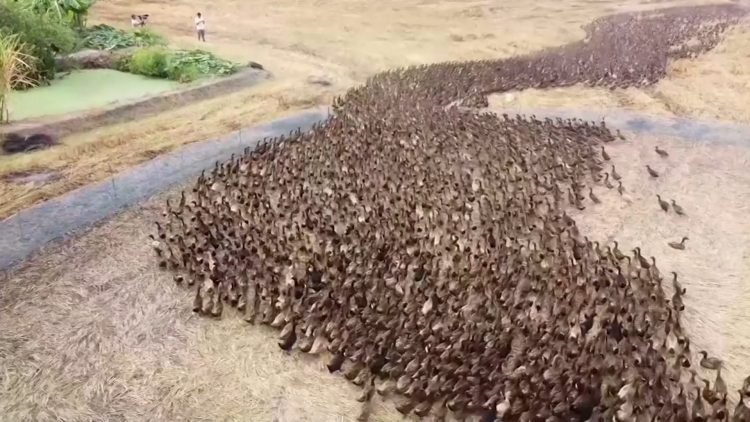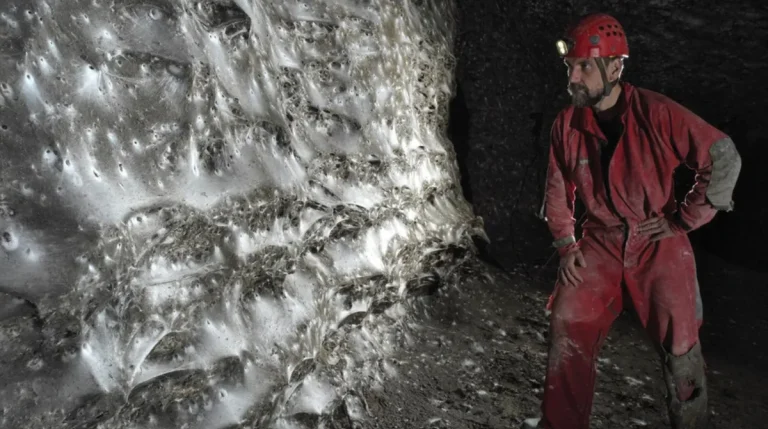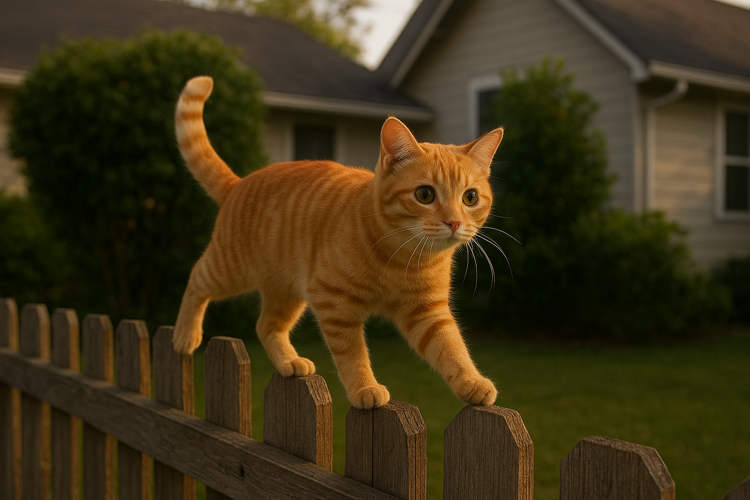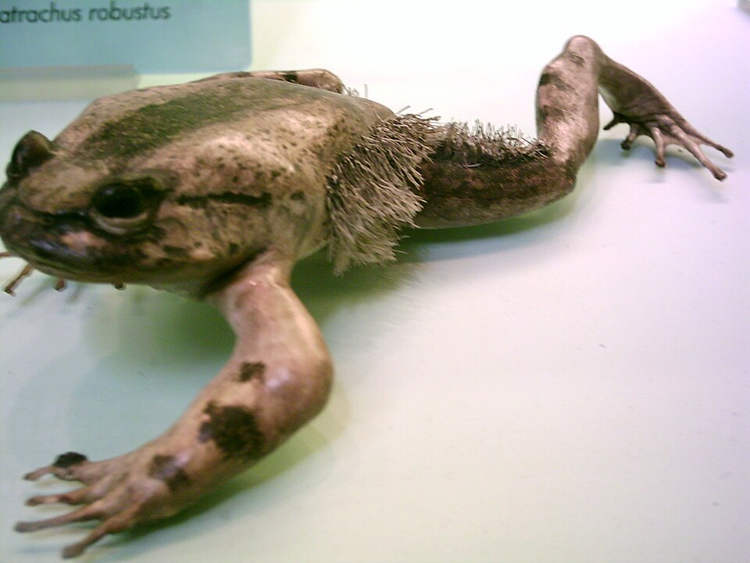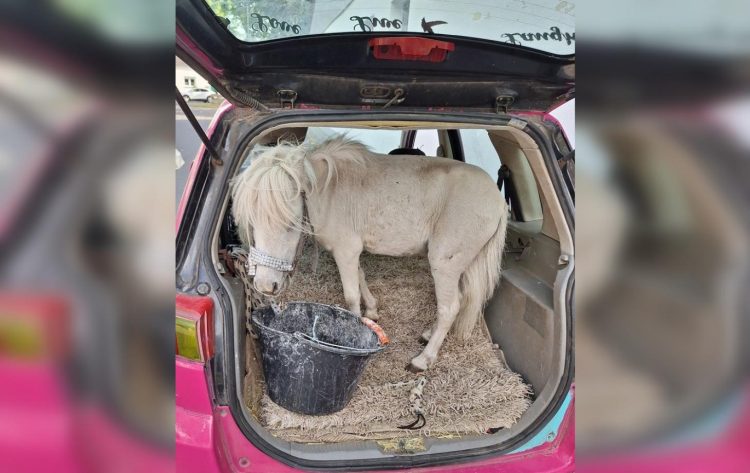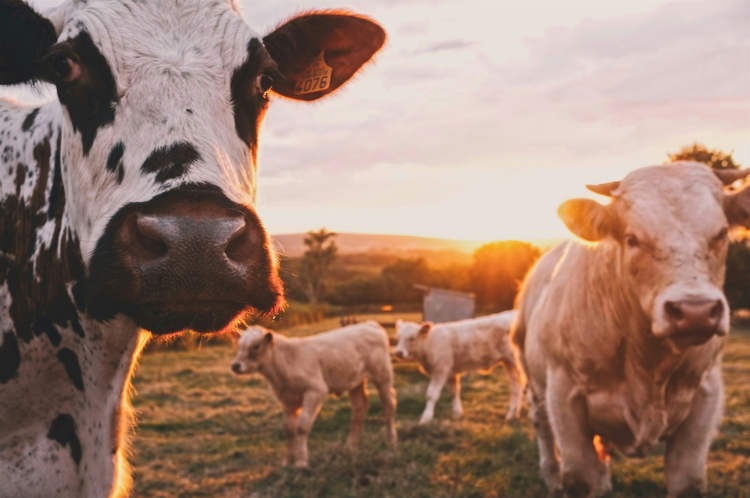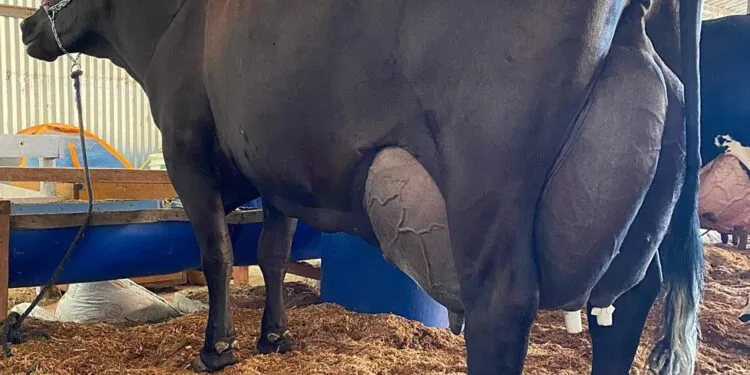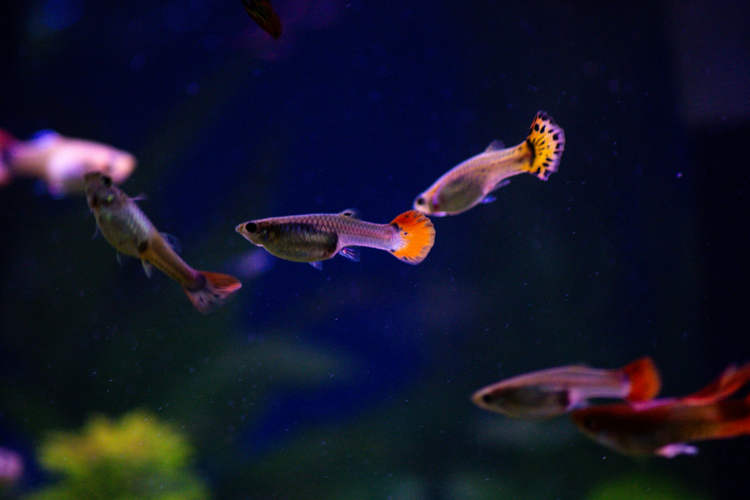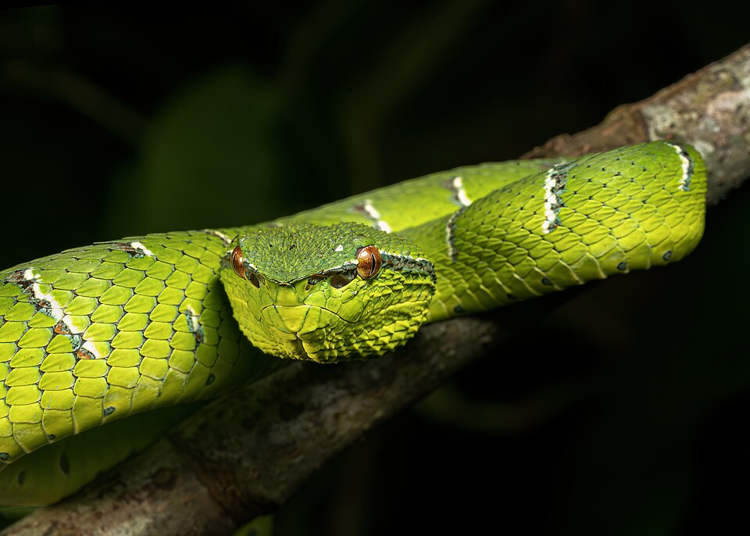Every year, flocks of thousands of hungry ducks are released into vast rice paddies to clean the fields of unwanted pests and rice stubble left over from last harvest.
Humanity has witnessed unprecedented technological advancements over the last few decades, but in Thailand, the world’s second largest rice exporter, farmers still use a centuries old solution to keep their rice paddies in optimal condition. Every year, they rely on duck farmers to unleash thousands, sometimes tens of thousands of young, hungry ducks onto their fields, to clean them of pests like cherry snails and apple snails, as well as weeds and leftover rice stubble. Apart from acting as a natural pesticide, the ducks also fertilize the fields with their droppings.
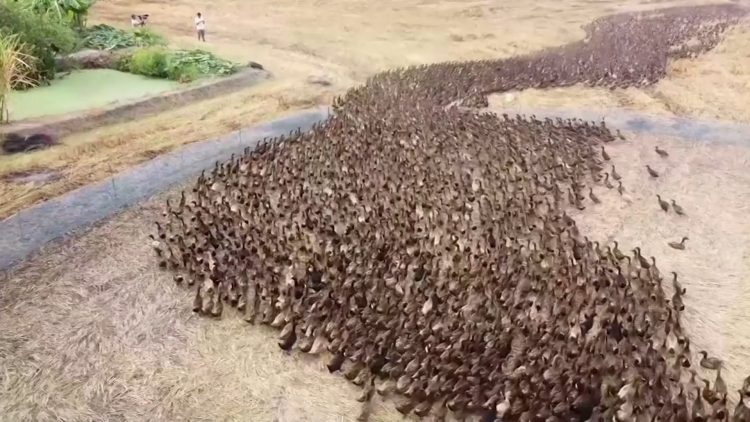
“The benefit (for the breeder) is that we reduce costs to feed the ducks,” a 34-year-old duck breeder, told Reuters. “And in return, for the rice farmers the ducks help eat pests from the farm and the farmers can reduce the use of chemicals and pesticides.”
Ducks as young as 20 days roam rice fields for about five months every year.moving about from farm to farm before returning to a duck farm to lay eggs for about three more years. A flock of 10,000 ducks can thoroughly clean up a 70-hectare farm in about a week.
Using ducks as natural pesticides for rice fields is part of an old tradition in Nakhon Pathom province known as “ped lai thoong” (literally “field chasing ducks”).

